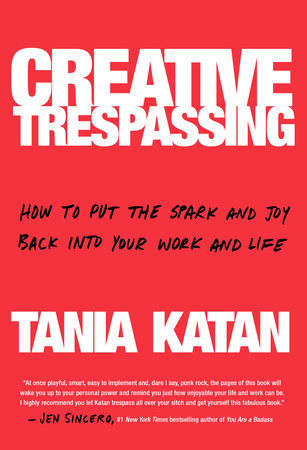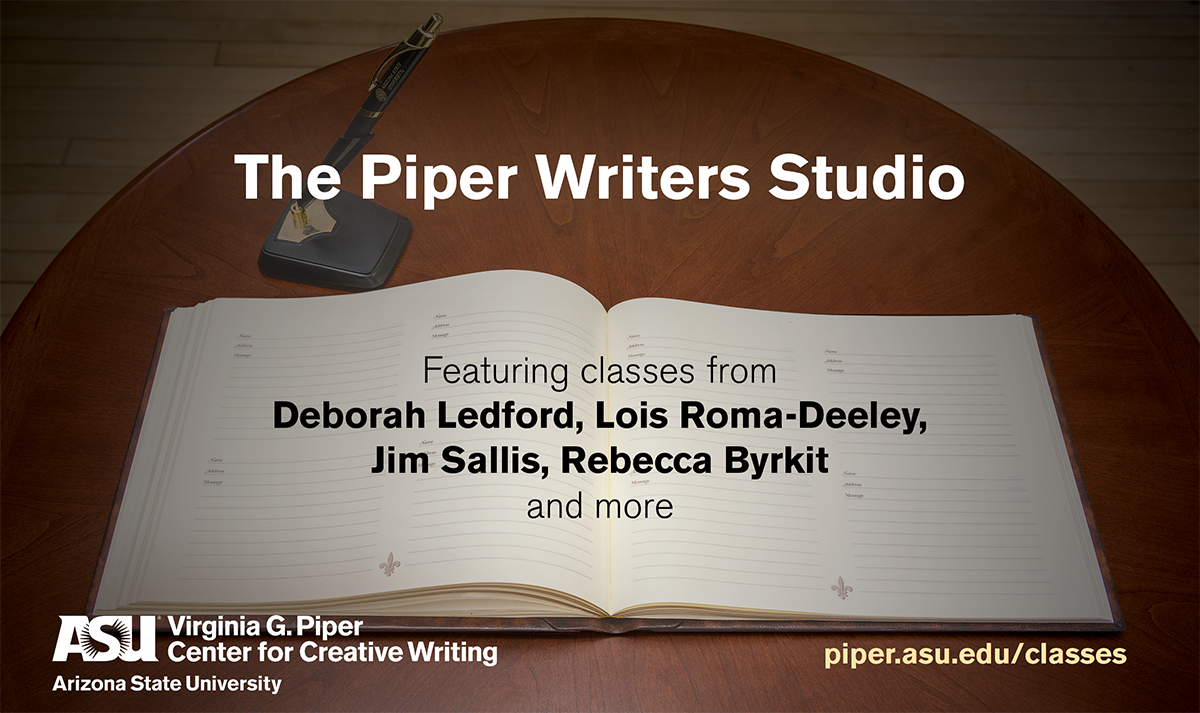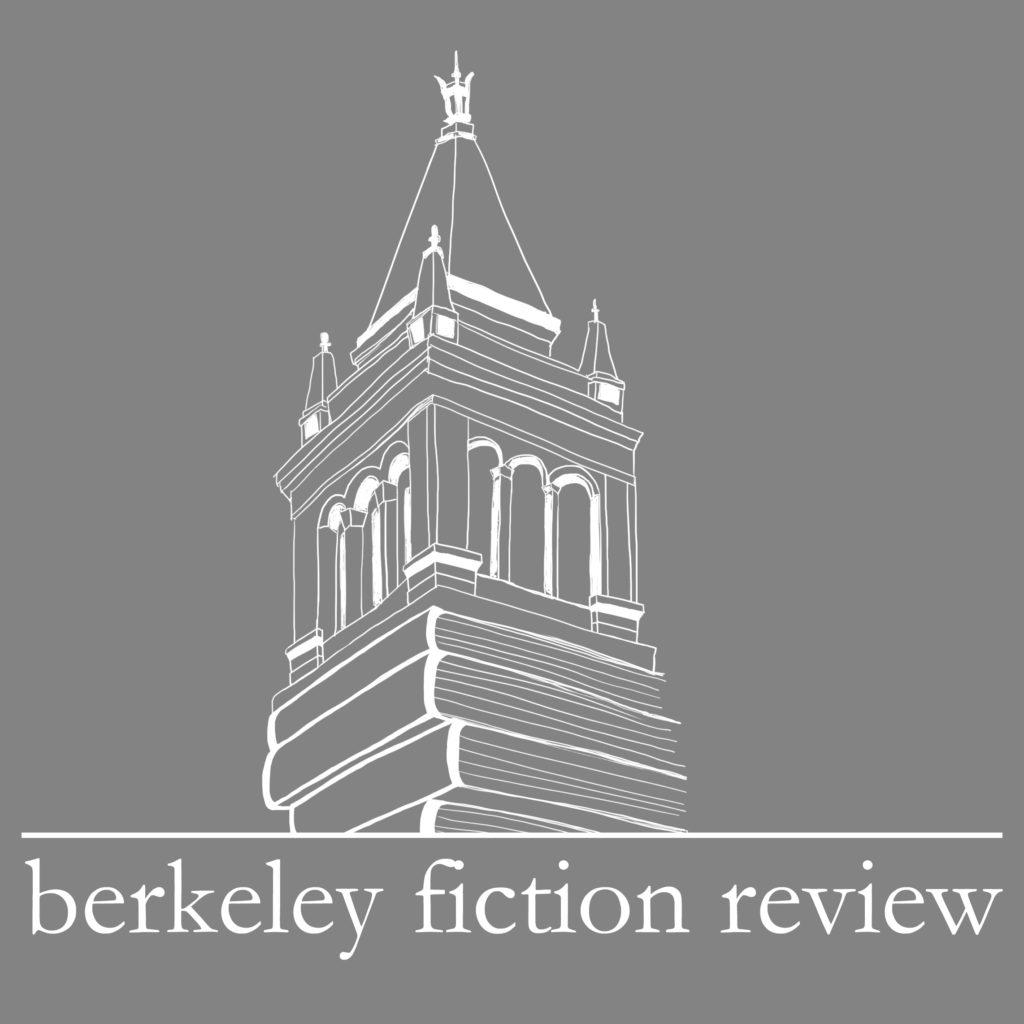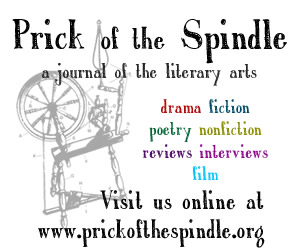 Usually I write novels, not short ones either. I’ve been committing novels half my life. (I write “committing” because sometimes my novels feel like crimes: of self-indulgence, because what they earn doesn’t support my family; of hubris, because they create complex worlds that live on their own and surely piss off the gods, if there are gods).
Usually I write novels, not short ones either. I’ve been committing novels half my life. (I write “committing” because sometimes my novels feel like crimes: of self-indulgence, because what they earn doesn’t support my family; of hubris, because they create complex worlds that live on their own and surely piss off the gods, if there are gods).
What I’ve learned in writing is that a novel’s story-world, and the characters that live in it, have no respect for the world I live in. Of course I start off wanting, even needing to put in people and places I know, but the places and people in novel X have their own logistics, needs, and requirements; they have discrete hopes and angers and systems of measurement; and inevitably these take over. I have written about Africa, and France, and my native Cape Cod (Mass.,) and while I know well the places I describe, the characters live their way and rejigger their environments to match.
If you try to find your way to the villages in the novels I’ve written about the Cape, for example, you will get lost. Guaranteed. The characters insisted on a street in Hyannis, a bar in Chatham, a patch of woods in Wellfleet, a smell from a house in Cotuit. And while they might have started off as a fisherman I worked for, a woman I lived with, they soon chose their own paths, and became someone significantly different.
Of late, however, I’ve been writing short-short fiction, a lot of it based on things that happened in my real life. The stories are so short that the characters come roaring onto the page as themselves, the original Maddy, Pedro, Kurt, in all their ballgowns or sweatclothes, their valiance or lazy cowardice.
This raises issues. Some of the stories involve people who don’t behave well. Some of them are family members. They are racked by obsession or drink, they make fools of themselves over women (or men). They don’t have time to alter the narrative, or dress themselves as other than who they are in real life. And if the people involved read the story, they will recognize themselves, and be hurt.
Is it worth hurting someone in the interests of literature? On some level, I believe it is, or should be. When I think of what a writer is supposed to do, I always remember Tony Montana’s line from Scarface: “Me, I always tell the truth–even when I lie.” In fiction as in non-fiction, a good writer will always paint a perspective of how the world truly works and how people function. That perspective illuminates, explains, and most importantly of all, makes us feel the impact of those mechanics. The writer will paint this way no matter what the cost.
If that means putting someone real in the cast of characters, and person “A” is hurt by his inclusion, “A” should know that his pride or trust have been violated in the interests of a higher truth, a finer Art than people normally practice in daily life.
And, yet–I don’t buy it.
I suppose, if one of my short but hurtful pieces could provably, immediately save the lives of people dying of thirst in Somalia, one could make a case that the ends justified the means. But justifying deliberate harm for whatever reason is always a risky argument because such arguments will inevitably be turned around to justify goals that are not cut and dried.
And it’s more likely that the sky will turn green or that Fox News will report objectively than that my writing should save the life of anyone. Bring insight, maybe. Cause pleasure, I hope. But save lives–nope.
In those circumstances, I can only say that if I have to make the decision, I’ll opt not to hurt. Or at least, I’ll fudge the names and identities of characters to the point where they can’t be recognized. Is that a cheap compromise? Maybe. But it’s what I do.
I don’t think Tony Montana uttered words to illustrate this position, so I’ll refer instead to the artist Alberto Giacometti, who once said, “In a fire, between a Rembrandt and a cat, I would choose the cat.” Art, and writing, should value life above all else. And they should demonize hurt, not cause it.

 We are pleased to announce that past contributor Maggie Kast’s essay, “The House Will Burn,” has been accepted for reprint in The Orison Anthology vol. 3, 2018. The volume is available for purchase at
We are pleased to announce that past contributor Maggie Kast’s essay, “The House Will Burn,” has been accepted for reprint in The Orison Anthology vol. 3, 2018. The volume is available for purchase at  Today we are pleased to feature Kate Lechler as our Authors Talk series contributor. Kate discusses her essay, “The Breathtaking Sting of the Pull,” and what non-fiction offers to her as a writer.
Today we are pleased to feature Kate Lechler as our Authors Talk series contributor. Kate discusses her essay, “The Breathtaking Sting of the Pull,” and what non-fiction offers to her as a writer. The Virginia G. Piper Center for Creative Writing at Arizona State University is proud to offer five creative writing classes through the Piper Writers Studio. Classes are taught by acclaimed and award-winning writers from the community, and cover topics such as first-draft novel writing, novel revisions, persona poetry, and creative non-fiction.
The Virginia G. Piper Center for Creative Writing at Arizona State University is proud to offer five creative writing classes through the Piper Writers Studio. Classes are taught by acclaimed and award-winning writers from the community, and cover topics such as first-draft novel writing, novel revisions, persona poetry, and creative non-fiction.



